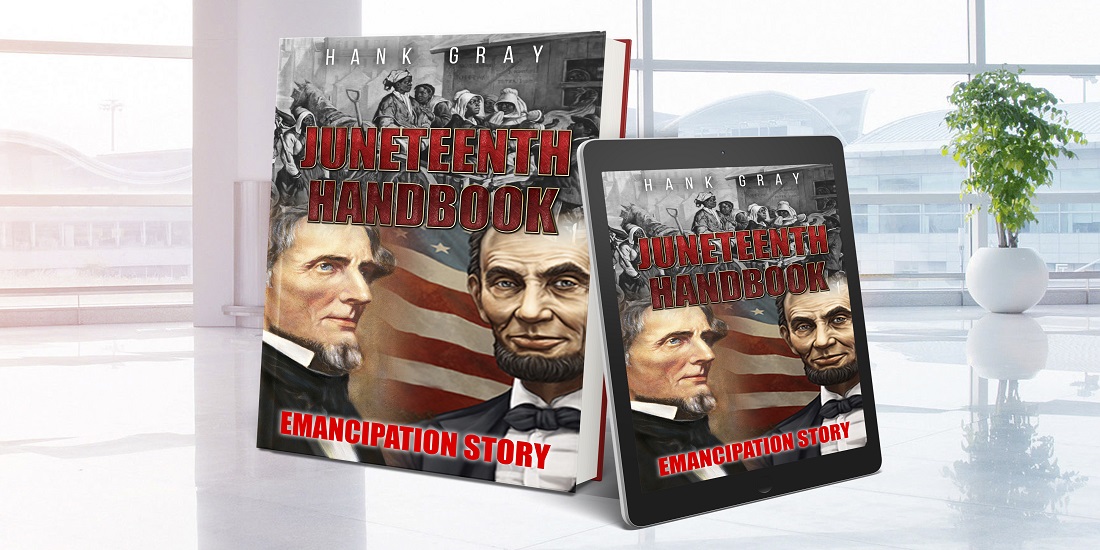The months leading up to Abraham Lincoln's inauguration, in
1861, were filled with telegraph reports of states like Mississippi, Georgia,
and Florida taking their leave from the Union as one by one the southern states
recombined themselves into the Confederate States of America. The Confederacy
had taken the step that Douglass has assumed they would not. As Lincoln entered
the presidency he became commander and chief of a military slowly spreading
itself apart with two factions the abolitionist and the confederates ready for
war. Even though newly in office Lincoln also knew the conditions were right
for civil conflict.
On the slavery issue, the
middle ground seemed to be disappearing and it was time to pick a side. With
the secession of the southern states, Lincoln had to have realized that he no
longer had to play by southern rules with regard to the agreements made about
fugitive slaves, and southern slave hunters. Separating themselves from the
union meant the south would have to use its own guns and could no longer count
on northern support when it came to southern slaves.
But where the Confederates were
unified against the abolitionist north and the abolitionist north just as
unified against the Confederacy, as commander and chief, Lincoln has to
mount a defense with union forces that were in many ways a mixture of both
sides. So where Frederick Douglass might have said: "forward into battle
men to free the slaves." Lincoln might have said, "Forward into
battle men to preserve the union."
The war was on, and I'm sure
that mothers in the south, as well as mothers in the north, cautioned their
sons going off to war to remember that they might have relatives, driven into
the conflict between the states just as they were, fighting on the other
side. Battlefields in the north and south would be soaked in blood over the
next few years as American fought against each other sacrificing their
limbs, their youth, their lives and I suspect in some cases even their
relatives on the other side of the battlefield. Both Abraham Lincoln and
Frederick Douglass knew that no matter who won the war the U.S. would be
changed forever.
Just as the gloves were off for
President Lincoln with the secession of the southern states, when it came to
the southern demands on the north where slavery was concerned, the Confederates
in many ways felt the same and as a result. Many prominent white Abolitionist
suddenly found themselves in needed 24-hour protection from southerners and
southern sympathizers. In the case of Thomas Garrett, the community around him
including many African Americans armed themselves and protected the valuable
member of their community day and night. (To be continued)



No comments:
Post a Comment